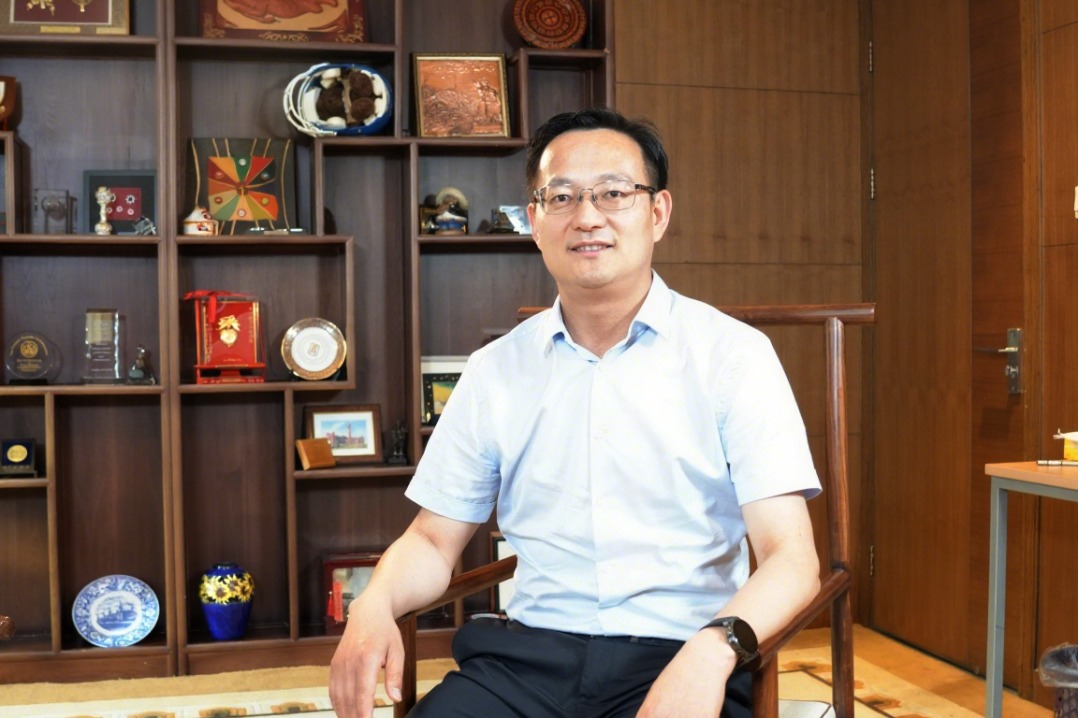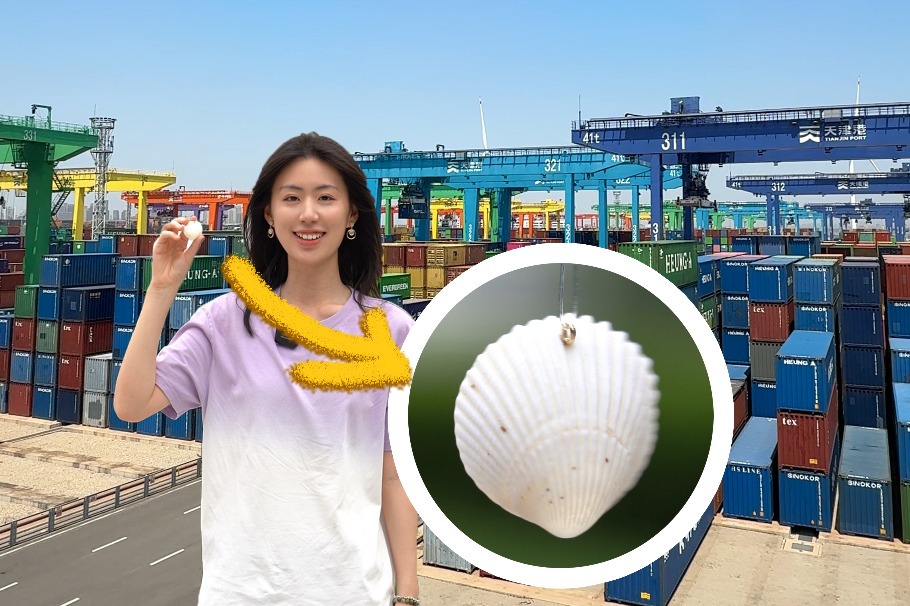School helps sow seeds of Sino-European development


Pedro Nueno, one of CEIBS' founders, says the school was the brainchild of a group of European and Chinese officials, and academics; and was supported by both the European Commission and the Chinese government. [Photo/For China Daily]
Asian business school helps sow seeds of Sino-European development
Good guanxi is worth its weight in gold, says Henrik Gunnar Johansson, one of a growing number of Europeans who have chosen to study at the China Europe International Business School (CEIBS). Guanxi refers to the Chinese way of using personal networks of influence to achieve one's goals, which can mean anything from getting box tickets for the Champions League final to starting a brokerage in Beijing. "Being an MBA student in China is a great way to enter the country, learn the language and make contacts,?says the Swede, who founded his own price-comparison website one year after graduating from China's top business school in 2006.
He later landed a job in the local financial industry raising capital for private Chinese companies with the help of a classmate.
"It was a bit overwhelming at first, but in hindsight I'd do it all over again," he says of attending the school, which has campuses in Shanghai and Beijing, and classes in Shenzhen.
CEIBS has its foundations in the country's financial hub, but its roots in China go deeper. It was co-founded by the European Commission and the Chinese government, and is now pursuing ambitious African projects to help nurture the next generation of business leaders there.
The school bases its MBA course on the Harvard Business School model, but claims to distinguish itself from competing top-tier schools in the West by operating in a Chinese business context and opening a conduit to exclusive networking opportunities.
"China really is a culture of guanxi, so our extensive alumni network is very valuable," says Laurie Underwood, who earned her MBA there in 2003. She returned to work at the school after a stint with AMCHAM China.
"Chinese tend to be very loyal to their classmates. There's a feeling as though you are brothers and sisters," she says. "This is important anywhere, but especially here in China. It definitely opens a lot of doors."
The Financial Times put CEIBS (pronounced "seebs") at No 22 in its global MBA rankings this year, down from No 8 in 2009. Its EMBA course rose from No 26 to 18 over the same period. In part due to its 10,000-plus alumni network, Forbes China ranked CEIBS as the most valuable business school in China from 2005-2010.
CEIBS reported in October that 93 percent of this year's MBA class found a job within three months of graduating. The graduates - about 15 percent of whom come from Europe - had an average starting salary of 404,000 yuan (44,200 euros).
One of its most interesting projects in the past few years has taken place in Africa. It is now building special courses in healthcare and for women entrepreneurs and tribal leaders in Accra, Ghana, where it will graduate its first EMBA students this month.
"China is doing things in Africa because nobody else is doing these things," says Pedro Nueno, one of CEIBS' founders. "By training African managers, we are making another positive contribution."
The school, which is in the process of doubling its Shanghai campus to almost eight hectares, also sends professors to Chinese cities such as Hohhot, the capital of the Inner Mongolia autonomous region, to teach promising executives who lack the means to relocate.
CEIBS was conceived as the brainchild of a group of European and Chinese officials and academics. Nueno says the concept soon won the support of both the European Commission and the Chinese government.
The project was hatched in Beijing eight years after the end of the "cultural revolution" (1966-76) under the original name, the China Europe Management Institute.
"China in 1984 was very different from what it is today," Nueno says. "But it was obvious there was willingness in the government. There was the objective of growing and prospering, and getting millions of people out of misery."
The school relocated to Shanghai in 1994, adopted its current name and experienced dramatic growth. Its MBA program now sends selected students to Harvard and other leading schools for three-month exchange programs to broaden their networks and experience.
CEIBS aims to help solve the cross-cultural management problems faced by Chinese companies as they go global, among other missions, according to Executive President Zhu Xiaoming.
He says it has enjoyed the strong support of the Chinese government since its inception and continues to be recognized as a source of "fuel" driving China's economic development and globalization. In 2009, Premier Wen Jiabao described CEIBS as "an incubator of excellent business leaders".
However, overseas students need to capitalize on what they bring to the table due to an increasingly competitive Chinese market, Johansson says.
"When I graduated, most of the companies were looking for Chinese students," he says. "It was more difficult for the international students."
Italy's Alberto Fochielli, a managing partner of Mandarin Capital Partners, one of the school's 80-plus corporate sponsors, says strong language skills were crucial.
"We hire our Chinese staff from CEIBS and we send our European and Chinese staff there for executive training, but we are not interested in hiring foreign MBA or EMBA students who do not speak fluent Chinese," he says.
Not that recent graduate Wang Guanzhu was complaining.
"CEIBS significantly helped me in my career path," says Wang, who is from the mainland. His classmate recommended him to his current position as an investment manager with Australia's Macquarie Bank.
"I was a salesperson working in factories, but I wanted to make a career change as an investor. CEIBS not only gave me the systematic knowledge of how European companies operate, but also the relationships."

Today's Top News
- Beijing ready to face US trade arrows
- Strategic autonomy of vital importance to EU
- Campaign still motivates Chinese eight decades on
- Basalt study reveals moon's asymmetry
- Vice-premier calls for more efficient policy implementation
- Top political adviser urges sustained pairing assistance to Xinjiang






























